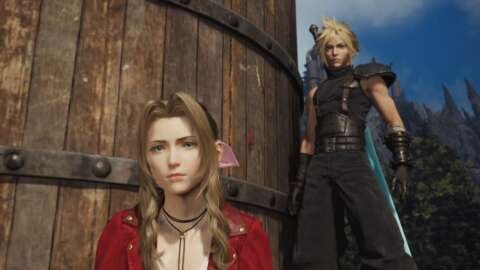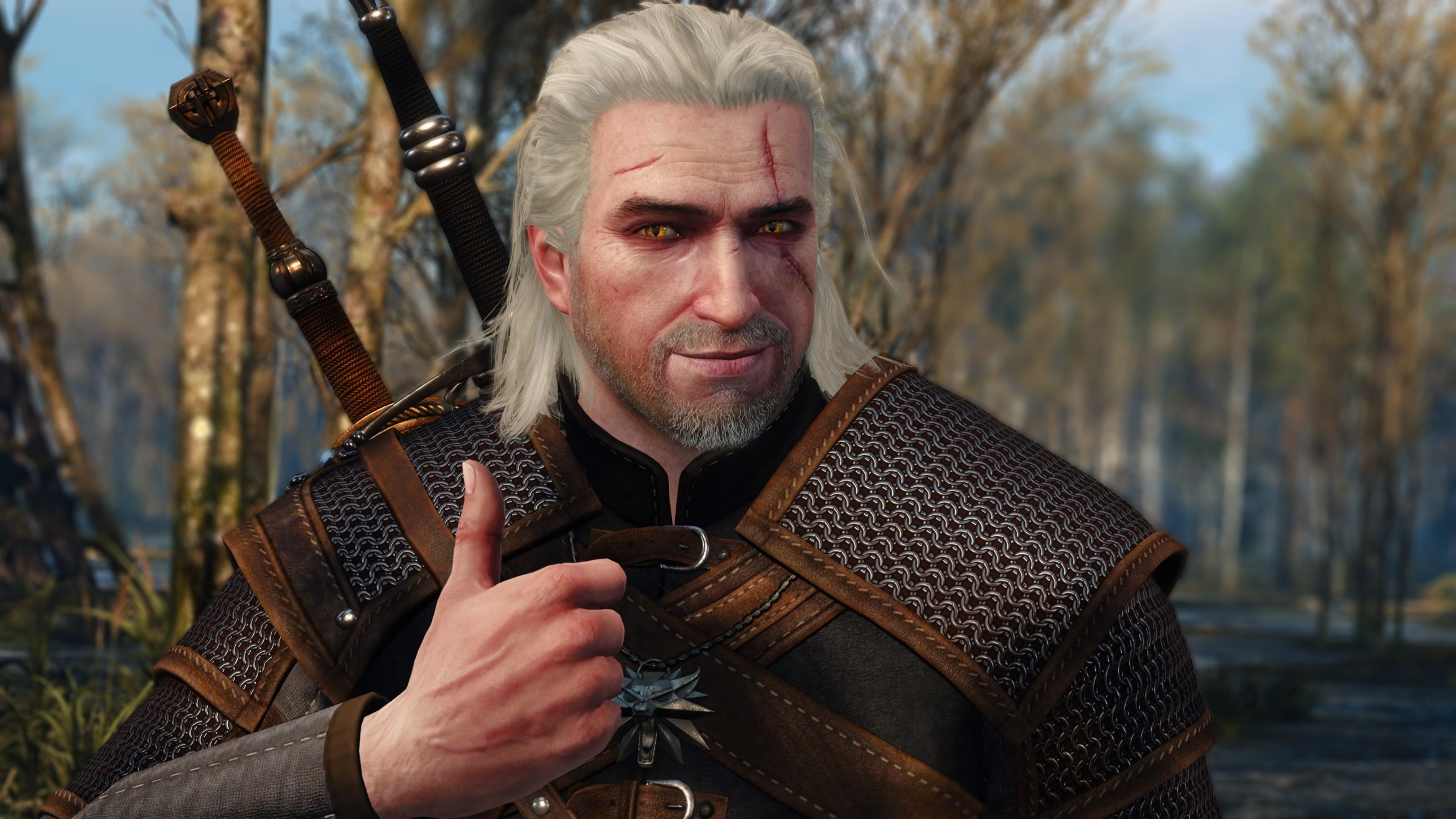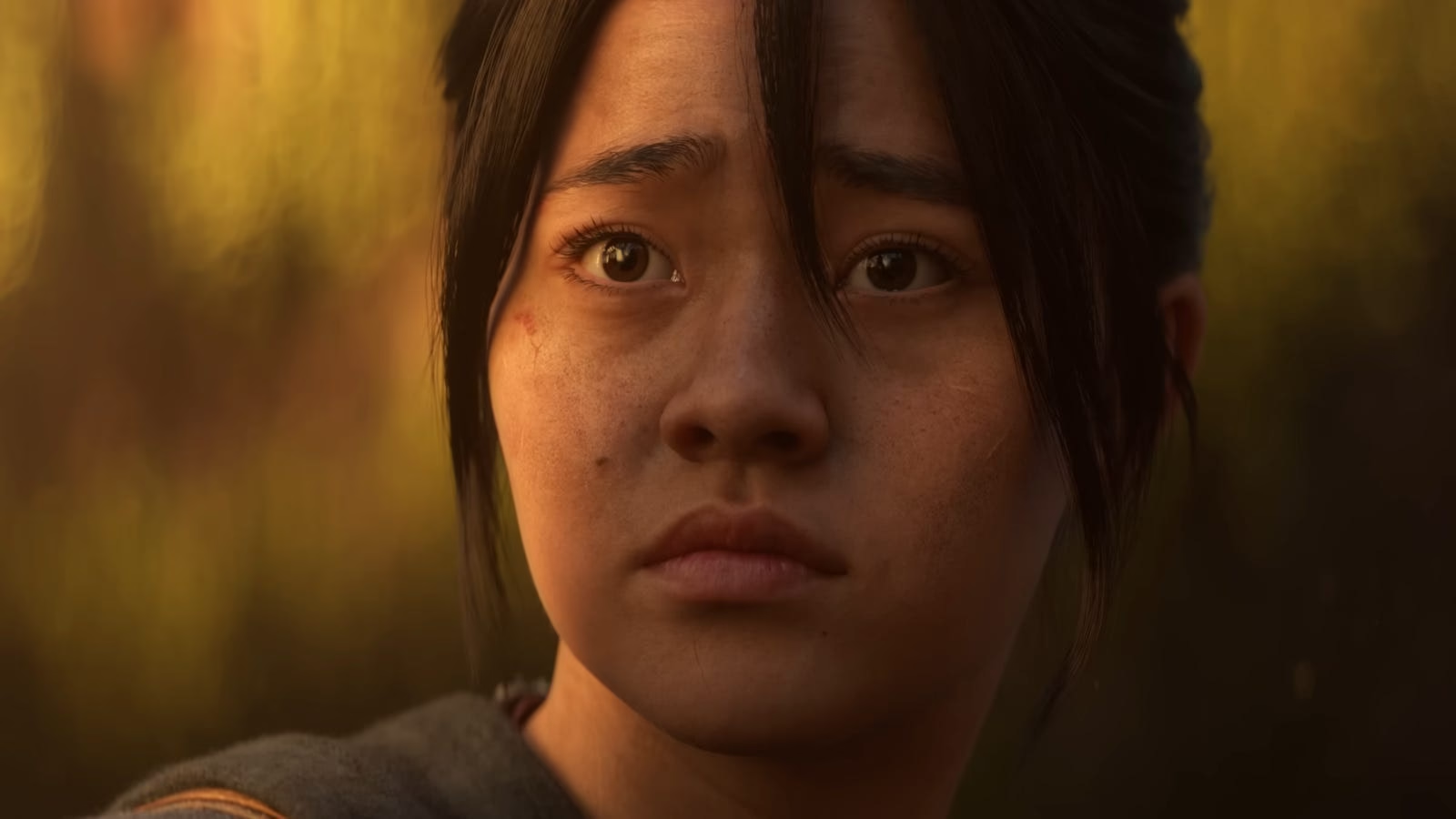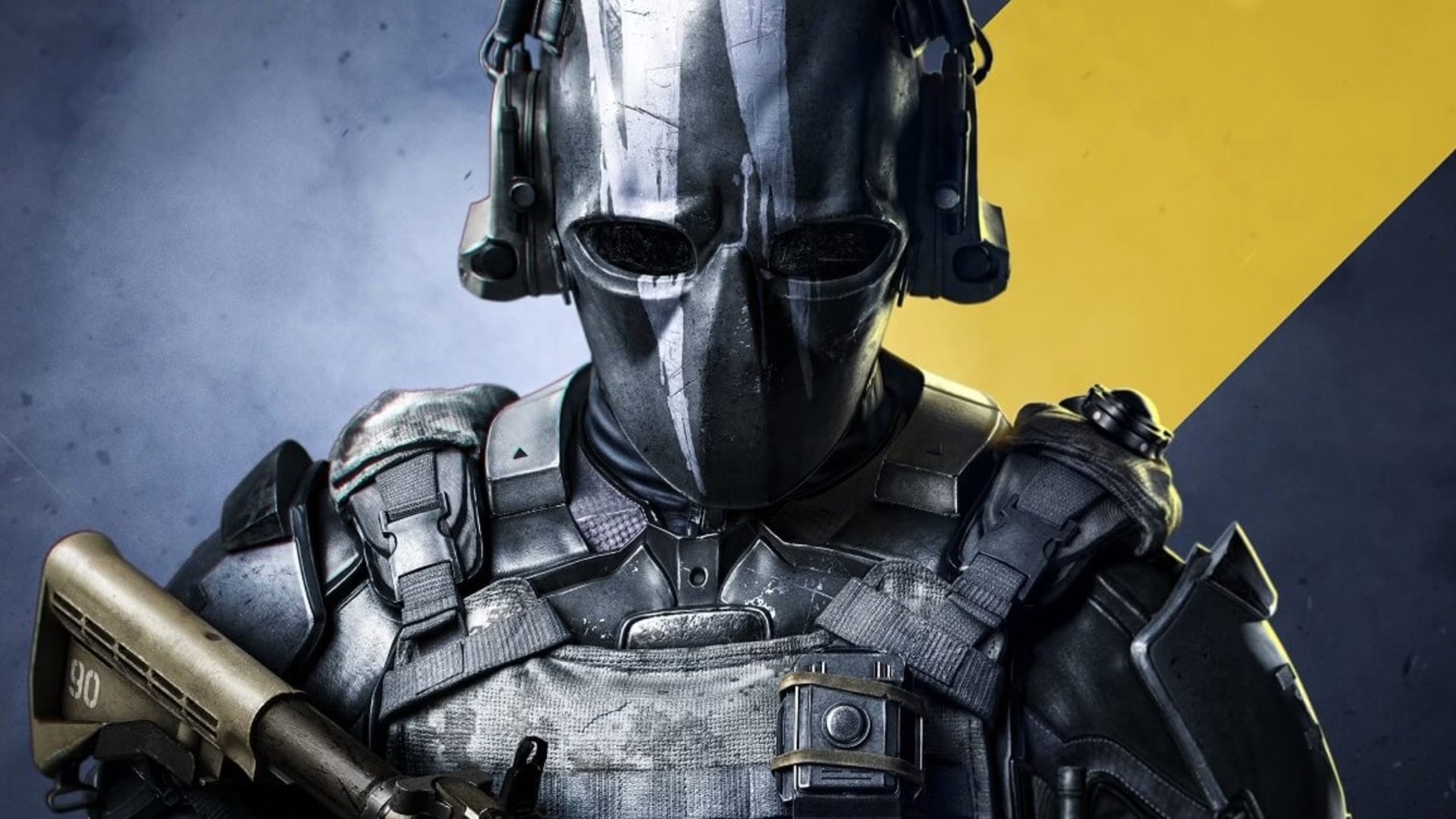Why Final Fantasy 7 Rebirth’s Ending Doesn’t Really Matter
Estimated reading time: 10 minutes
Note: This article contains major spoilers for Final Fantasy VII, Final Fantasy VII Remake, and Final Fantasy VII Rebirth. We recommend you finish Rebirth before reading further.
Final Fantasy VII Rebirth is a haunted game. It’s nearly impossible to have any awareness of the popular culture surrounding video games and not already know the twist waiting for you in the Forgotten Capital: Aerith Gainsborough dies. And it’s impossible to play any amount of Rebirth without wondering if that moment is coming, what it will be like, and whether your choices along the way might give you the power to change it.
Aerith’s death has cast its shadow over both games in the Final Fantasy VII Remake trilogy. Before they were released, it was a question of whether the moment could ever be as impactful as the polygonal memories of many players who first experienced it as children or young adults. After Remake, with its thematic grappling with the expectations of fans and its changes to the original’s narrative, the question became whether the developers would, in fact, still kill Aerith. On one hand, if everyone knows that moment is coming, will it still have the same impact? On the other, isn’t Aerith’s death an essential and inextricable part of the FF7 story?
By raising the question of whether Aerith would still die in Rebirth, Square Enix painted itself into a corner. Both solutions have their fundamental drawbacks and neither is particularly satisfying, and when the moment finally comes at the end of the game, it feels like a punt. Cloud gets to Aerith and saves her, but because of a convoluted clash of alternate realities and timelines splitting from key decisions, she (apparently) still dies–or maybe we’re thrust into a reality where Cloud failed to save Aerith, while another reality where he did save her continues to exist. It’s tough to really tell what’s going on, made worse by two hours of anime fights against Sephiroth and tons of cryptic, unclear dialogue. This is maybe the least satisfying possibility of them all, especially because Rebirth essentially tells you to tune in next time–the concluding game in the remake trilogy, probably another four years away–to fully understand what just happened.
With the ending of Rebirth, Square Enix subverts expectations the only way it can. Players expected Aerith to die. Players expected Aerith to live. To thread the needle, developers did both. But maybe that’s the wrong way to look at it. While the ending of Rebirth is a bit of a mess from a plot standpoint, maybe the literal meaning of the story is less important than its thematic drive. The reason for Aerith both dying and living is less about the weirdo multiverse story Rebirth weaves, and more about how Aerith’s death affects us, the audience.
All of Rebirth is informed by the looming fear that Aerith is going to die, and Square Enix doesn’t waste that opportunity. It uses the knowledge and strength of that event to create a 70-hour meditation on life, friendship, mortality, loss, and grief. That Aerith dies despite Cloud doing everything he could to save her, despite the fact that he actually did save her, is essential to that meditation.
Knowing Aerith could die, and fearing that you’re powerless to do anything about it, is the core of the story Rebirth is telling. It knows you’re aware of where the plot is likely going, fan or not, and it uses that fact to bring death to mind over and over again. Everything in Rebirth is shaped by it; every moment you spend on its relationship system, with all the characters but specifically with Aerith, is a moment invested hoping that it will affect the future, that your bonds might strengthen the group enough to save Aerith’s life.
Any time spent with Aerith herself, on the other hand, takes on a different tenor than it otherwise would. Players were blindsided by Aerith’s death in the original game, losing everything from their emotional connection with the character to the materia equipped on her weapons when she perished. Now, every time you invest in Aerith’s story, you have the cloud of her potential fate hanging over you.
In his FF7 Rebirth review, Tamoor Hussain called the game “a series of vacations,” which is an extremely accurate assessment of your trip across the world map, stopping at places like beach resort town Costa del Sol, or the Gold Saucer, literally a massive amusement park. Rebirth’s many fun asides seem weird when framed against trying to save the world from an evil corporation and a madman with a god complex, but they make a lot more sense when you think about the game pushing its characters make the most of the time they have with the people they care about. Playing carnival games and going on dates with Aerith carry somber undercurrents, thanks to the haunting notion that her fate draws ever closer. But really, that’s true for all human life–the clock is always ticking.
A huge amount of what happens in Rebirth is about death in some form or another, with the game exploring it from just about every angle it seems the developers can think of. There’s the fear of loss expressed through your time spent with Aerith, but Aerith’s character arc is not focused on her own death. Instead, she struggles with grief over the loss of her mother. Aerith voices concern on multiple occasions that her loss makes her angry and hateful, that she wants to lash out, and that she fears being warped by those feelings and doing harm because of them. She articulates an experience of grief that confuses her emotions and adds to the trauma she already feels.
Meanwhile, we get another side of that coin in Zack’s story and its treatment of Biggs, who lived through the destruction of Sector 7 in Remake thanks to fate-altering shenanigans, while his friends did not. Biggs finds himself the last remaining member of Avalanche and grapples with the fact that he alone has survived. Where Aerith’s grief is projected outward as anger, Biggs’ is projected inward onto himself, manifesting in feelings of guilt. For Biggs, survival is worse than death, as he finds himself listless and alone in his grief until Zack reaches out to him.
Zack, too, struggles with a form of grief, though he deals with a different element of the idea of death. Both Aerith and Cloud are still alive in Zack’s world, but they’re both comatose–they live, but they’re not present. Zack cares for and tries to help his friends, but there’s little he can actually do. For Zack, the experience of grief is a painful sense of powerlessness in knowing that there’s nothing he can do for those he’s lost.
The Cosmo Canyon section of the game deals more with death than any other. Its people study and revere the Lifestream–the force more or less made up of the souls of all living things on the planet, which is siphoned by Shinra’s reactors as mako to create electricity–and the natural balance between life and death. Your initial experience there focuses on the natural cycle of life, the idea that people “return to the Lifestream” when they go. The area is also the site of a series of side quests remembering Biggs, Wedge, and Jessie after their deaths in Remake.
Much of the Cosmo Canyon portion of the story serves almost as a funeral for fallen friends and the idea that the people we lose live on in those who cared about them. Rebirth doubles down on this idea later in the Gold Saucer, with a posthumous performance by Jessie during the Loveless opera, followed by a song performed by Aerith. The whole moment ends with the Avalanche gang appearing the audience to cheer on their friends–simultaneously a celebration of everyone already lost and Aerith, as well.
Flipping the coin, Cosmo Canyon also contains the lengthy story of the Gi. It’s a portion of the story that serves to explain the existence of the Black Materia, a plot MacGuffin, but doubles as an opportunity to consider how essential death is to the cycle of life. The Gi are an alien race that found their way to the planet in ancient times, but since they weren’t born of the Lifestream, they can’t return to it–effectively trapping them in a state of immortality. The Gi create the Black Materia because they long for death; they wish for a release from a life that can’t end. Here, Rebirth expands on considerations of death as a natural part of life by imagining it removed from the cycle.
Near the end of the story, Rebirth considers death one last time when it sends the characters through trials in the temple of the Ancients. Each character apart from Cloud is forced to relive the specific, intense trauma that shaped them–and everyone aside from Red XIII faces people they’ve lost. Aerith is once again confronted with the death of her mother, Ifalna; Barret is transported back to the Shinra attack that killed his wife, Myrna; Yuffie sees Sonon, her friend and partner who died in Final Fantasy 7 Intermission; and Tifa faces the memory of losing her father to Sephiroth in Nibelheim. Just as we near Aerith’s death, Rebirth takes a moment to remind us of the pain each of the characters bears, as if priming the audience for what’s coming.
And then, finally, there’s the ending. Despite knowing what’s coming and our best efforts, even though Cloud appears to stop Sephiroth’s blade, Aerith still dies. Rebirth has been taking players through various ideas about death and its affects on people, and it has allowed for the hope that maybe this event could have played out differently. Ultimately, though, the final thoughts Rebirth has about death are of its inevitability.
Rebirth’s end might make for confusing and weird plot points, but they’re ultimately not the point of the story being told. I don’t think the game really cares about the specific conclusion as much as what Aerith’s death makes us feel, and why we feel that way. Remake used the knowledge of Final Fantasy 7’s story to consider the creation of art, the telling of stories, and the relationship between creators and their audience. Rebirth uses the knowledge of Aerith’s end to think about the human experience of death, from grief to mortality, its many facets, and how we spend the time we have.
So the plot beats aren’t really what’s important, even though they aren’t especially satisfying or especially clear. Rebirth is saying something deeper about how we experience death and what kinds of meaning it brings to life. It’s a haunted, and haunting, experience, because it leaves no easy answers. While there are happy or uplifting moments, there are painful and traumatic ones, too. Aerith was, finally, always going to die. It’s a part of life.









